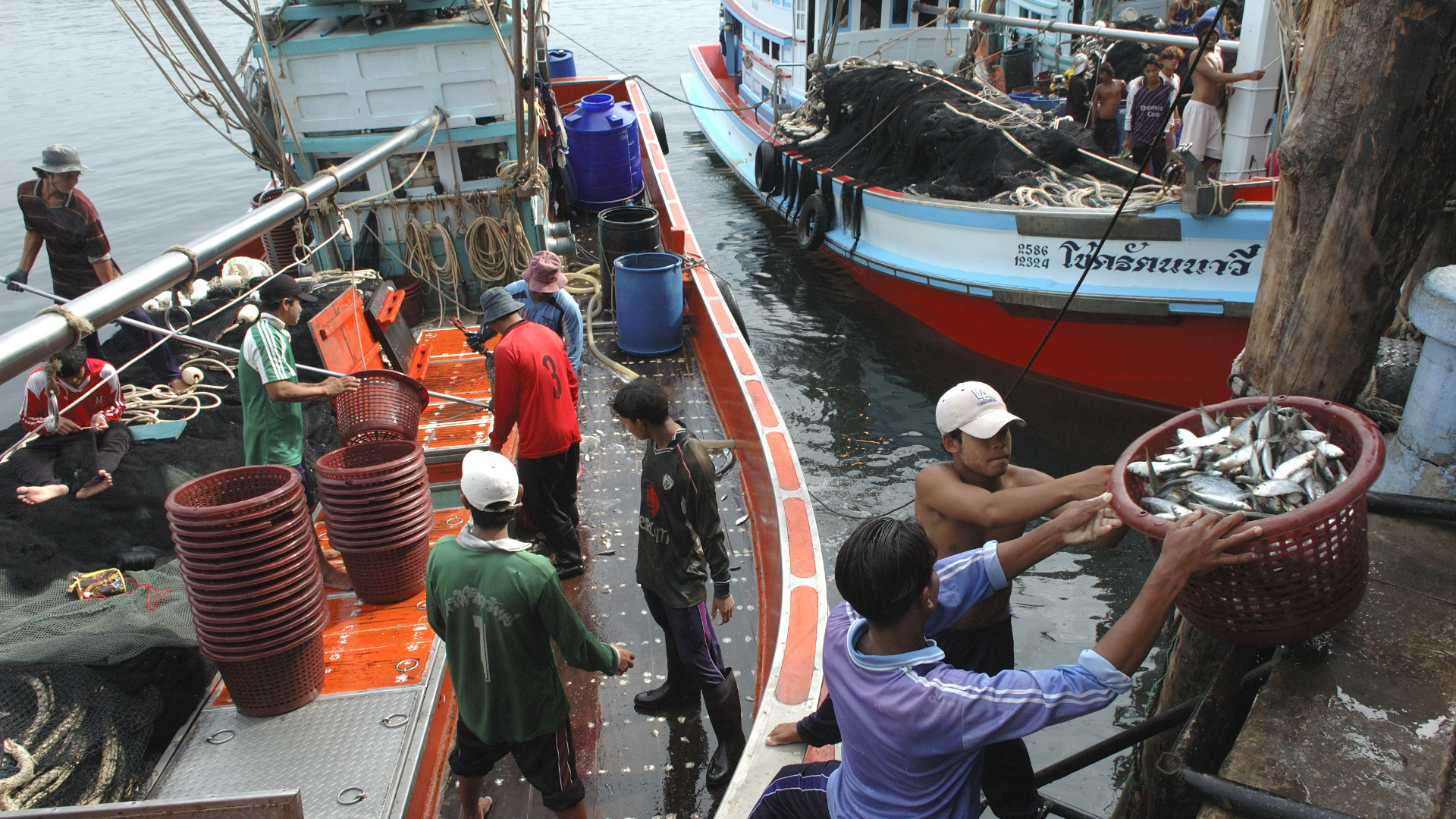Thematic Working Groups
The main vehicle for solutions and impact-oriented policy dialogue within the Network
Thematic Working Groups cover several recruitment-related themes, including:
- Good practice in inspection and enforcement.
- Licensing, registration and oversight of labour recruiters.
- Enhancing bilateral cooperation to promote ethical recruitment.
- Recruitment in temporary and seasonal migration schemes.
- Donor engagement to enhance migrant worker protection.

How the regulation of recruitment is monitored and enforced has a direct impact on its effectiveness
To examine challenges and good practices related to inspections, the Thematic Working Group on Inspection & Enforcement was established, chaired by the Norwegian Labour Inspection Authority. The Group is guided by considerations set out in Section 4 of the Montreal Recommendations on Recruitment and Chapter 3 of the IRIS Handbook for Governments on Ethical Recruitment and Migrant Worker Protection.
A shorthand for States to grant legal status to and formalize businesses
The Thematic Working Group on Licensing & Oversight of Labour Recruiters, chaired by Uganda’s Ministry of Gender, Labour and Social Development, was established to consider challenges, opportunities and good practices related to licensing, registration and oversight of recruitment agencies and cross-border recruitment practices.
The Group is guided by Section 3 of the Montreal Recommendations on Recruitment and Chapter 2 of the IRIS Handbook for Governments.

Cooperation between governments is vital to addressing challenges related to unethical recruitment
Such cooperation can take the form of Bilateral Labour Migration Agreements, non-binding Memoranda of Understanding, regional consultation mechanisms, and more. This Working Group, chaired by Sri Lanka’s State Ministry for Foreign Employment Promotion and Market Diversification, considers all aspects of government-to-government cooperation and is guided by Section 7 of the Montreal Recommendations on Recruitment and Chapter 4 of the IRIS Handbook for Governments.
Recruitment and protection of migrant workers in the context of temporary and seasonal migration schemes
This Working Group, chaired by the Ministry of Labor and Social Security in Costa Rica, examines challenges and opportunities in promoting ethical recruitment and migrant worker protection in temporary and seasonal migration schemes. Diverse sections of the Montreal Recommendations on Recruitment and Chapters of the IRIS Handbook for Governments provide the foundation for dialogue and exchange.

Public and private donors play an invaluable role in promoting ethical recruitment and migrant worker protection
This Working Group, co-chaired by the Swiss Agency for Development and Cooperation and the Global Fund to End Modern Slavery, leverages the power and expertise of development cooperation and private foundation donors. It serves to identify common interests, priorities and challenges; consider potential solutions; and discuss good practices.

